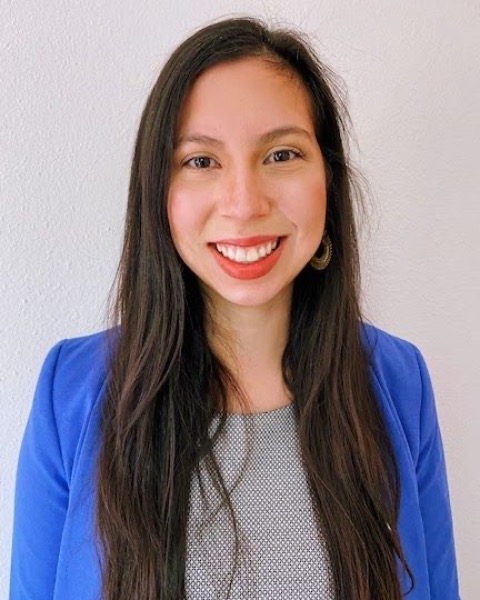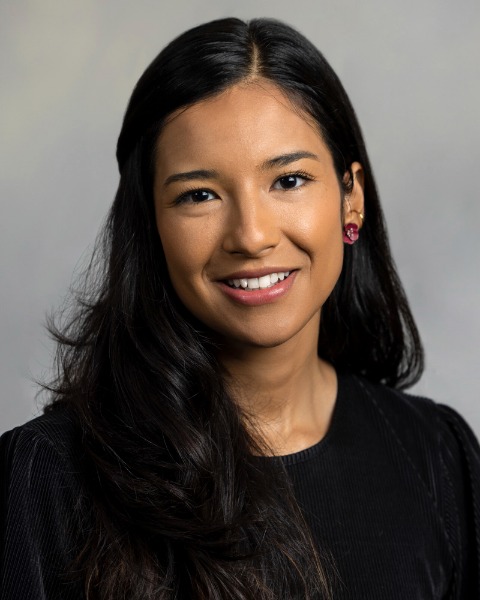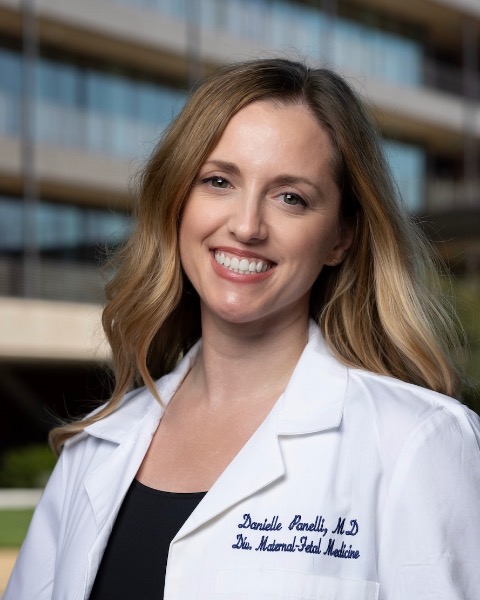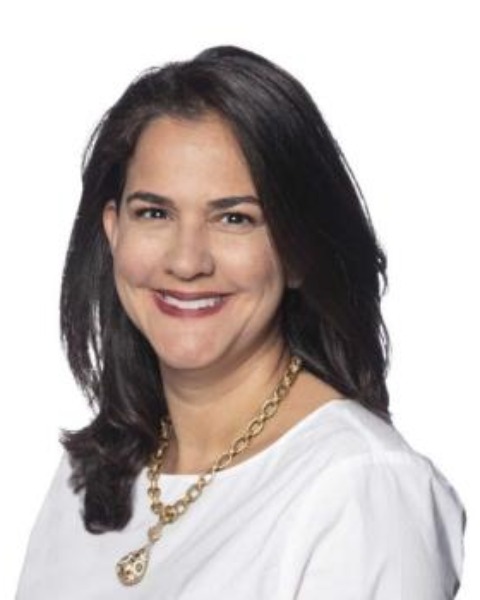Poster Session 1
(180) The Unmet Needs of Patients with Cardiac Disease in the Fourth Trimester: a mixed-methods study

Elisa Padron, BS (she/her/hers)
Medical Student
Stanford University
Palo Alto, CA, United States- ES
Elizabeth B. Sherwin, MPH
Biostatistician
Stanford University
Palo Alto, California, United States - KL
Karl-Stephane Louis-Jacques, BA
Medical Student
Meharry Medical College
Nashville, Tennessee, United States - YF
Yaiza Fernandez Munoz (she/her/hers)
Undergraduate Researcher
University of California, Berkeley
University of California, Berkeley, CA, United States - LV
Lisandra Veliz Dominguez, BS
Medical Student
Stanford University
Stanford, California, United States - PP
Pooja Parameshwar, MD
Resident Physician
University of Utah
Salt Lake City, Utah, United States 
Norma Jimenez Ramirez, MD
Medical Student
University of Minnesota
Minneapolis, Minnesota, United States- II
Ijeoma Iweakogwu, BS
Clinical Research Coordinator
Stanford University
Palo Alto, California, United States 
Danielle M. Panelli, MD, MS (she/her/hers)
Instructor
Stanford University
Palo Alto, California, United States- AK
Abha Khandelwal, MD
Associate Professor
Stanford University
Stanford, California, United States 
Katherine Bianco, MD
Professor
Stanford University
Palo Alto, California, United States
Submitting Author(s)
Coauthor(s)
Presenting Author(s)
To uncover the hidden challenges and unmet needs of cardiac patients during the postpartum period.
Study Design:
This was a parallel mixed-methods study of participants with cardiac disease who had delivered at a single tertiary hospital from 2013 to 2023. An electronic survey was sent to 330 participants with congenital heart disease (CHD) and acquired cardiac disease. Additionally, 20 participants with CHD were interviewed by phone in English or Spanish. Grounded theory methodology was employed to code and analyze the interviews, revealing key themes, which were then compared with survey findings.
Results:
Interview participants highlighted five key themes: the necessity of taking time away from newborn for hospitalizations and surgeries due to cardiac complications, coping with cardiac symptoms that could be incapacitating, relying on support from family members or caregivers, desiring more medical follow-up appointments and in-person counseling about postpartum health expectations, and grappling with uncertainty regarding the appropriate healthcare professional to address their postpartum healthcare needs. Among the 128 survey participants, 83% preferred more than one postpartum visit and 61% preferred their first postpartum visit to take place within the first two weeks after delivery. When asked about their preferred alternatives to the standard postpartum clinic visit, 59% of respondents chose a telehealth visit with their obstetrician and 41% chose a home visit with a nurse or midwife.
Conclusion:
Qualitative themes emphasize the physical and mental challenges patients with cardiac disease encounter following pregnancy. Interview participants also articulated the healthcare gaps they encountered during the postpartum period, resulting in unmet health concerns and visits to the emergency department. Survey findings highlight patient preference for earlier and more frequent postpartum visits with their obstetrician. These findings underscore the urgent need for more comprehensive postpartum care, particularly for patients with high-risk pregnancies.

